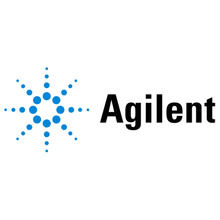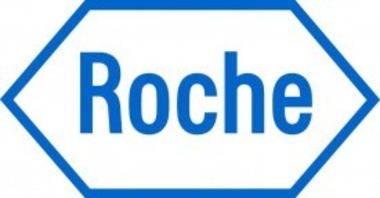Welcome to the
Digital Pathology Association
Revolutionizing Patient Care Through Digital Pathology.
The DPA leads the advancement of digital pathology, empowering faster, more accurate diagnoses for
improved patient outcomes. We drive innovation through education, best practices, and global collaboration.
















